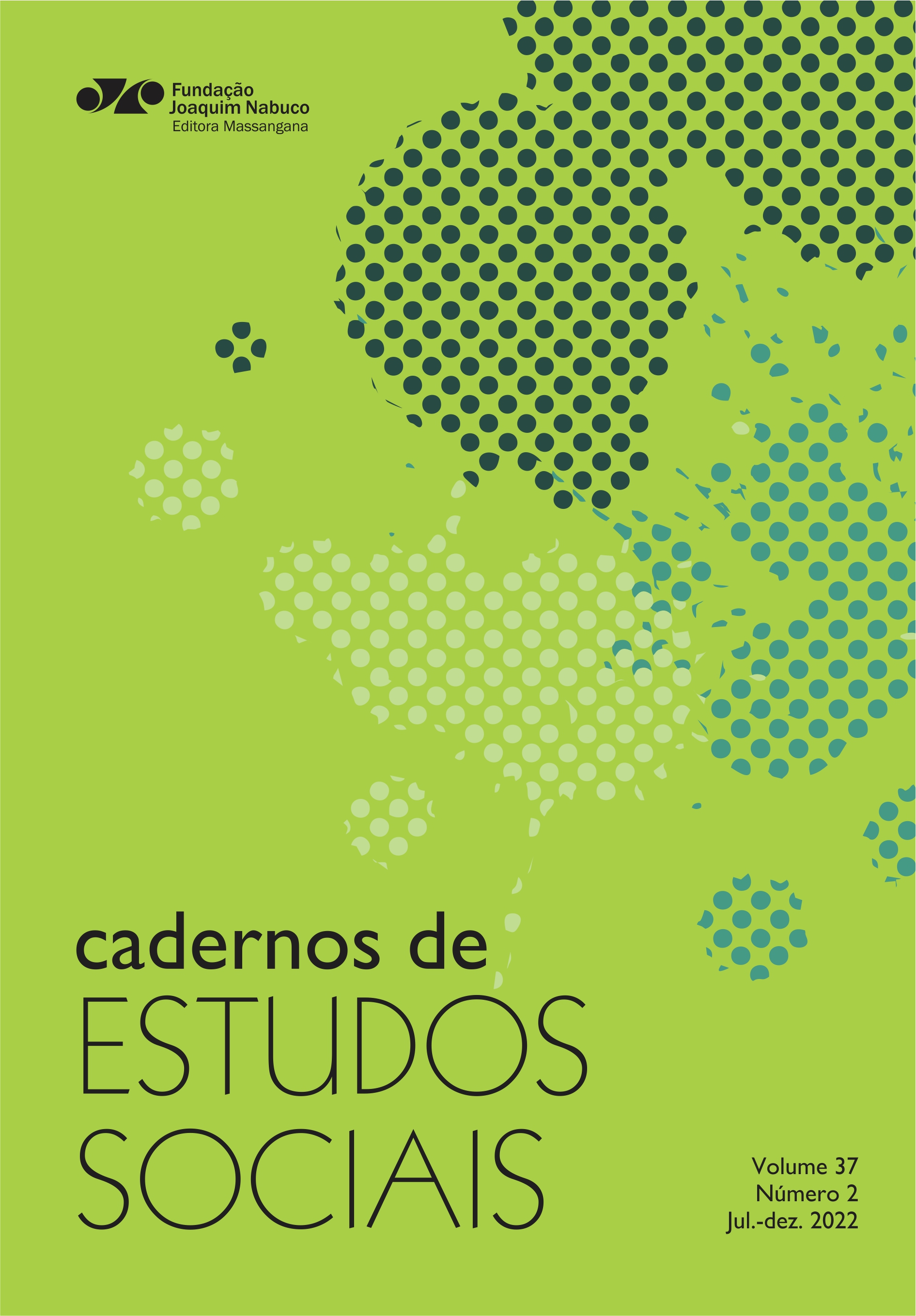INSTITUTIONAL DIFFERENTIATION IN BRAZILIAN HIGHER EDUCATION AND DIMENSIONS OF INEQUALITY
DOI:
https://doi.org/10.33148/CES(2169)Abstract
This article proposes to analyze two empirical cases to highlight the different meanings and possible impacts of the current institutional model in the Brazilian higher education system (HES). It focuses on the permanence of social cleavages within the higher education system, through institutional diversification. The construction of academic and social hierarchies within the process of diversified expansion of the Brazilian SES is verified. To this end, the impacts of institutional profiles or types (qualitative differentiation of institutions) and course profiles (those that give access to the so-called imperial professions) on the trajectories of students and graduates and on the maintenance of inequalities are analyzed. We study the transition of graduates from higher education to the labor market, considering the moderating or accentuating effects of the institutional model on the advantages of social origin, and the evidence found in engineering courses on the imperial professions’ strategies of closure. We seek to understand how much the expansion of Brazilian higher education has widened its entry and how much it has organized itself to offer (or not) opportunities so that the adiscribed characteristics of the individual (gender and race, but mainly, social class) are not the determining elements of their social destiny.
KEYWORDS: Higher Education. Institutional Differentiation. Inequalities. Social Cleavages. Social Origin.
Downloads
Downloads
Published
How to Cite
Issue
Section
License
Copyright (c) 2023 Autor, concedendo à revista o direito de primeira publicação

This work is licensed under a Creative Commons Attribution 4.0 International License.
Autores que publicam nesta revista concordam com os seguintes termos:
- Autores mantém e retém os direitos autorais. Os mesmos concedem à revista o direito de primeira publicação, com o trabalho simultaneamente licenciado sob a Licença Creative Commons Attribution que permite o compartilhamento do trabalho com reconhecimento da autoria e publicação inicial nesta revista.
- Autores têm autorização para assumir contratos adicionais separadamente, para distribuição não-exclusiva da versão do trabalho publicada nesta revista (ex.: publicar em repositório institucional ou como capítulo de livro), com reconhecimento de autoria e publicação inicial nesta revista.


